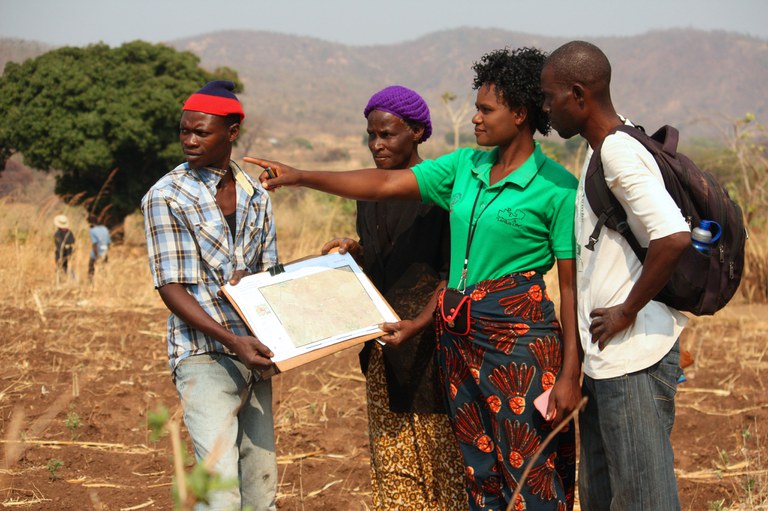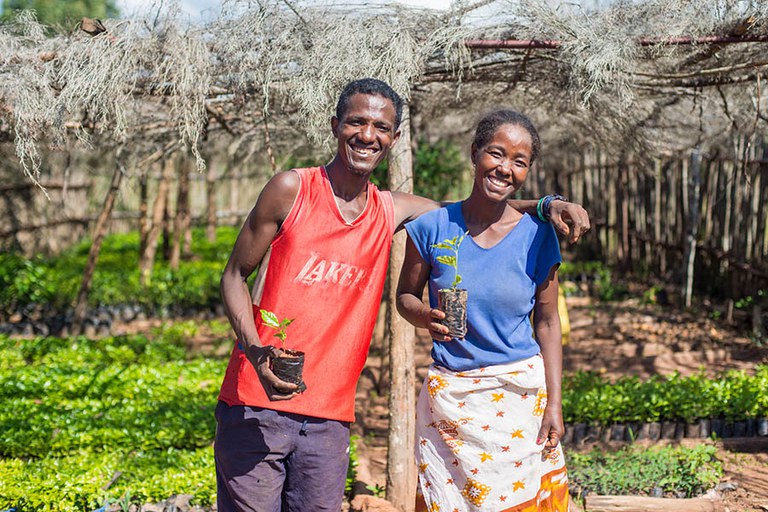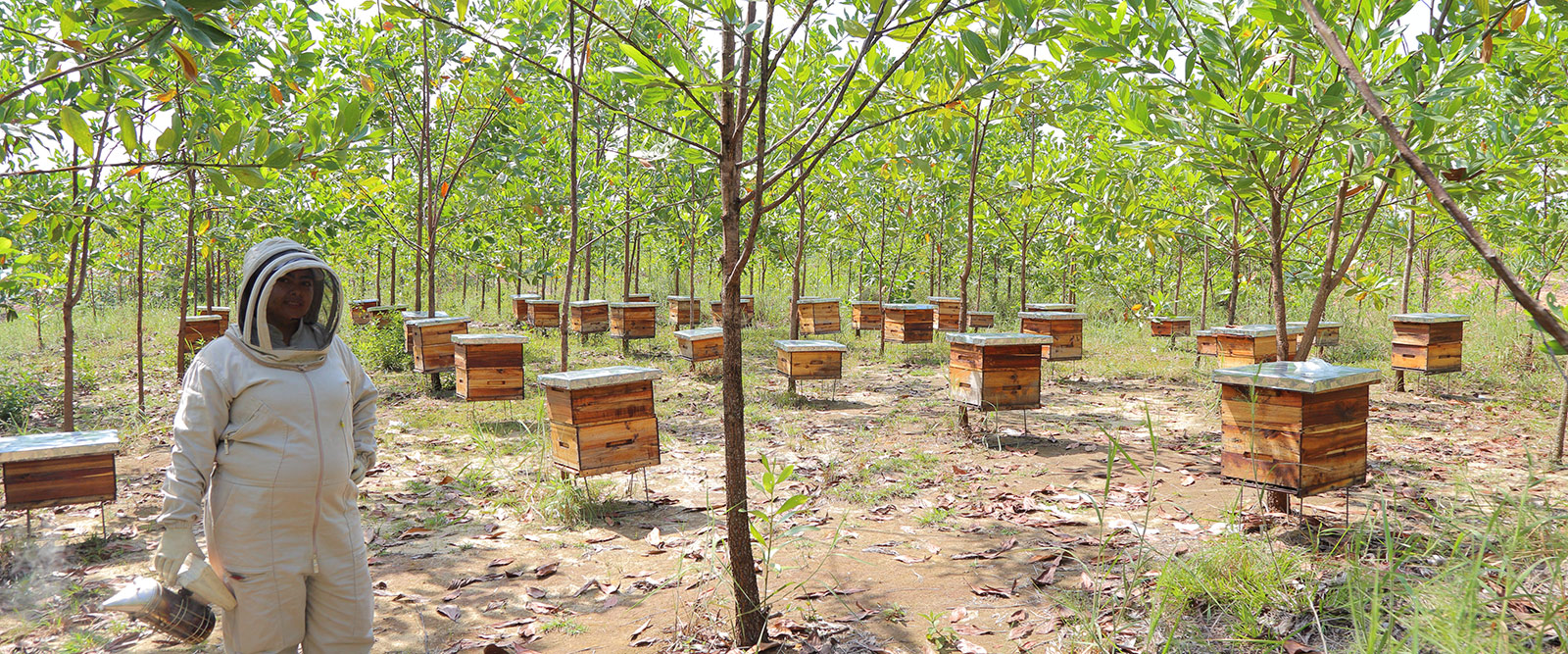Climate Risk Management Toolkit
Climate risk management (CRM) improves the effectiveness and sustainability of USAID’s biodiversity conservation efforts. USAID implements CRM by systematically assessing, addressing, and adaptively managing climate risk in new strategies, projects, and activities.
Climate risk management (CRM) is required for nearly all USAID strategies, projects, and activities. USAID's CRM toolkit provides links to supporting resources, such as regional and country risk profiles, USAID's CRM tool (including the Environment and Biodiversity Annex), real-world examples, and online trainings, and explains how to do CRM.
CRM includes designing and implementing for uncertainty through informed decision-making. CRM means programming for a range of possible future climate scenarios and building in flexibility to adjust and adapt to a changing climate during the time frame over which a strategy, project, or activity is expected to confer benefits.
Managing climate risks may already be a natural part of your technical approach as a biodiversity conservation expert, but USAID’s CRM toolkit can help you to be more systematic in your approach. The CRM toolkit can be used by various biodiversity conservation stakeholders, but is primarily aimed at USAID staff and implementers. Whether you are designing a biodiversity conservation project, writing a biodiversity conservation proposal, implementing biodiversity conservation activities on the ground, or monitoring and evaluating results, you have a role to play. The goal of this toolkit is to provide support for USAID’s climate risk management process.
Climate Risk Management at USAID (3:00)

Regional & Country Risk Profiles and Greenhouse Gas Fact Sheets
Climate risk profiles summarize key climate stressors and risks most relevant to a mission’s objectives. GHG emissions fact sheets provide information that may be useful in identifying climate change mitigation opportunities.
Learn more
Climate Risk Management Resources and Training
USAID has produced a variety of resources, tools and online trainings to support CRM, including background and policy on CRM at USAID.
Learn more


Climate Risk Management in Action
Examples illustrate USAID’s CRM process and how tools and other resources can be applied. The steps of assessing, addressing, and adaptively managing climate risk span the lifetime of the programming.
Learn more
How To Do Climate Risk Management
CRM is implemented at each stage of USAID’s program cycle in four phases: planning for screening/assessment; conduct screening/assessment; incorporate results; and implement and adaptively manage.
Learn more




